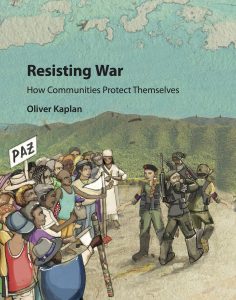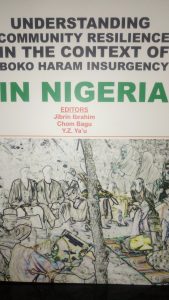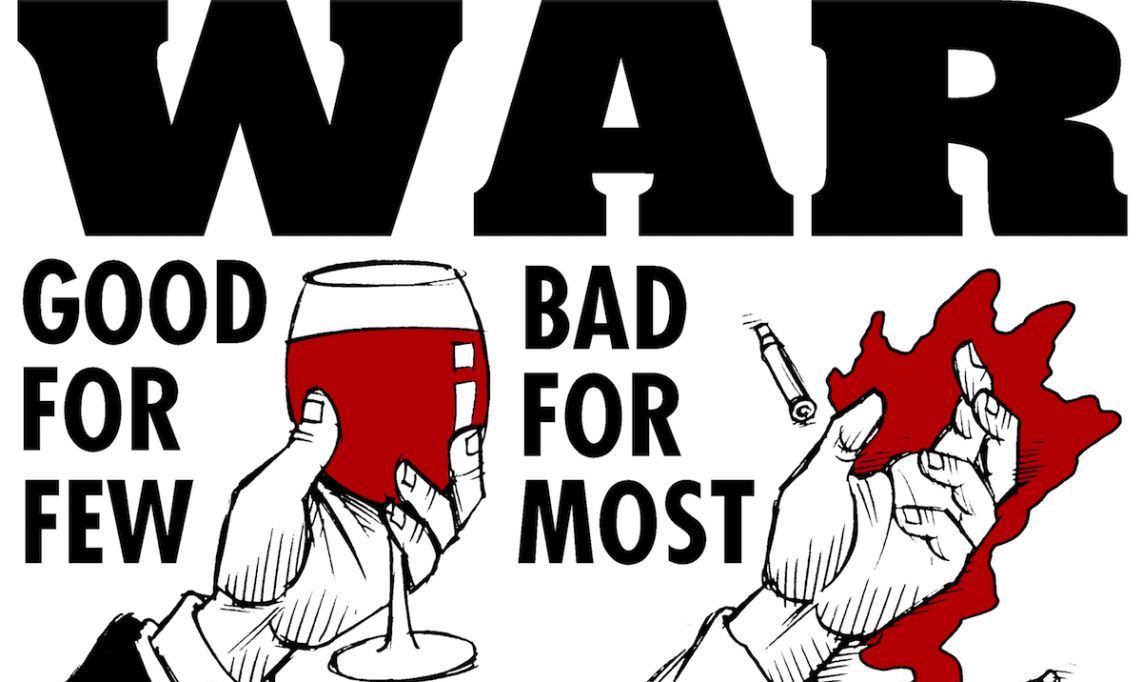The United States Institute of Peace, (USIP) is once again at the centre of conflict management by throwing up the major issue of how communities, unarmed and non-violently, stand up to armed elements and negotiate their way to peace or survival. Although Syria and Afghanistan are the two conflict sites it has used to exemplify the subject matter in the discussion session it is organising on October 2nd, 2017, the Institute has, however, supported a similar project in Nigeria that has already produced a major book titled Understanding Community Resilience in the Context of Boko Haram Insurgency in Nigeria edited by some of Nigeria’s leading peace practitioners.

 Under the theme “Resisting War: How Communities Protect Themselves”, the project is noting how unarmed civilians rise to the challenge of securing themselves amidst warfare worldwide, defying the risk of retribution or culture of fear that armed groups embody. It is leveraging on new research highlights on how communities use cohesion and social structures to non-violently influence armed groups, a capacity it suspects that most governments and institutions have no adequate recognition of.
Under the theme “Resisting War: How Communities Protect Themselves”, the project is noting how unarmed civilians rise to the challenge of securing themselves amidst warfare worldwide, defying the risk of retribution or culture of fear that armed groups embody. It is leveraging on new research highlights on how communities use cohesion and social structures to non-violently influence armed groups, a capacity it suspects that most governments and institutions have no adequate recognition of.
| Panellists in the Monday event would, in the words of the institute, be discussing the implications of new research, documented in a new book, Resisting War by Oliver Kaplan for preventing violence and protecting communities during conflict and for countering violent extremism and stemming refugee crises. According to its announcement, they will specifically examine the success of some communities in protecting themselves during Colombia’s half-century of civil war and the discussion will consider what the findings mean for U.S. foreign policy as the United States confronts continued war in Afghanistan and Syria. In this, there appears to be interest in how strength of communal solidarity as well as the moral and reputational risks of committing a massacre are what decides the repression or no repression response of former combatants confronting dissent from locals as told the researcher in the book.
The theme is bound to be a subject of worldwide attention especially for peace practitioners, geopoliticians and security community. While some peace practitioners would be keen on it from the point of view of how deliberate preparation of citizens to cope with multiple unforeseen challenges has worked in many countries, others would be looking at it from the semantic implications of replacing resilience with resistance. While resilience has been largely associated with the status quo, almost without dissenters, resistance carry a very involving ideological connotation. |




























